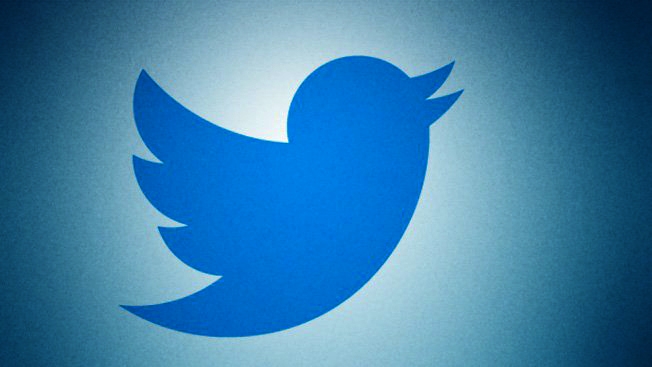
Yesterday, I had a turkey and ham sandwich for lunch. I know that's incredibly uninteresting, which is why I didn't mention it online. But then, 30 minutes after browsing their menu, @FirehouseSubs followed me on Twitter.
That afternoon, I was researching some Shorty Awards winners from recent years (again without mentioning anything about it online), and 30 minutes later, @shortyawards followed me on Twitter. (UPDATE: See response below from Shorty Awards, who say their follow was a total coincidence.)
Even as someone who writes about digital marketing for a living, it took me a minute to realize what was going on. I had unwittingly joined the new world of Twitter retargeting.
It's a world where the sites you browse in the privacy of your home can apparently come back to haunt you quite publicly as your newest followers. Twitter likes to say, it's an experience "tailored" to your interests.
It's also, in a word, creepy.
Just ate @FirehouseSubs for the 1st time in months, didn't mention it online, and they just followed me. What sorcery is this?— David Griner (@griner) February 4, 2014I'm typically not one to freak out over the privacy aspects of social media integration, because the results are often only visible to me and members of my network. For example, I know Facebook makes it easy on sites with Open Graph plug-ins for friends to see which news articles I've shared or which brands I like. And I've long since gotten used to retargeted ads for hedge trimmers or whatever following me across the Internet for days or even weeks after I was browsing lawn tools online.
But this is different. With Twitter's new retargeting options, your Web browsing appears to leave a public breadcrumb trail in the form of new followers. Looking at a user's follower list, which sorts the most recent followers to the top, one could deduce (or even worse, speculate in public about) your recent browsing history.
Also, Twitter has not been transparent about this feature. Browse each blog post about Twitter's "Tailored Audiences" program, and you'll see zero mentions of brands following you based on the sites you browse. Instead, the network says its ad program "offers dynamic suggestions about people you might enjoy following." That clearly seems to imply I'd be the one following brands based on Twitter's recommendations, not the other way around.
In its most recent blog post on the topic, Twitter focuses on how the program generates highly targeted promoted content, meaning that you're more likely to see Hubspot content promoted on Twitter after visiting Hubspot.com. It doesn't mention anything about your user name literally falling into the hands of brand social media teams that can then follow you or start messaging you about the site you visited.
Now comes the mandatory part where I acknowledge that, yes, you can turn off the tracking that allows brands to retarget you. Just go to Settings > Privacy > Personalization and uncheck the box that says "Tailor Twitter based on my recent website visits."
But how many users will learn about this opt-out option before they have an experience like mine, where their casual Web browsing suddenly shows up at the digital door as new followers? And how awkward is this situation going to get as Twitter's retargeting tactics become more popular among less-reputable websites that you might not want following you anywhere, much less in public?
Given the lack of discussion I've seen about this issue, I'm reaching out to Twitter to make sure this is a real aspect of its retargeting options and not just a strange series of coincidences affecting only me.
But as Sherlock Holmes recently noted about coincidences, "The universe is rarely so lazy."
UPDATE: The Shorty Awards say their follow was indeed a coincidence and that they were following up after sending me an email pitch (which I hadn't noticed in my inbox).
@griner@jcoopernyc Was just a happy coincidence :) -- Our producer followed you yesterday after emailing you a pitch (sent at 3:52 yest) — Shorty Awards (@shortyawards) February 5, 2014





